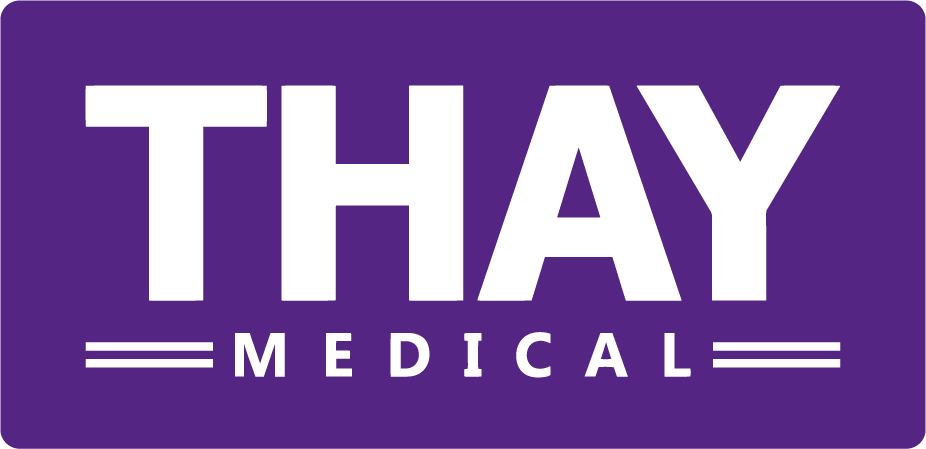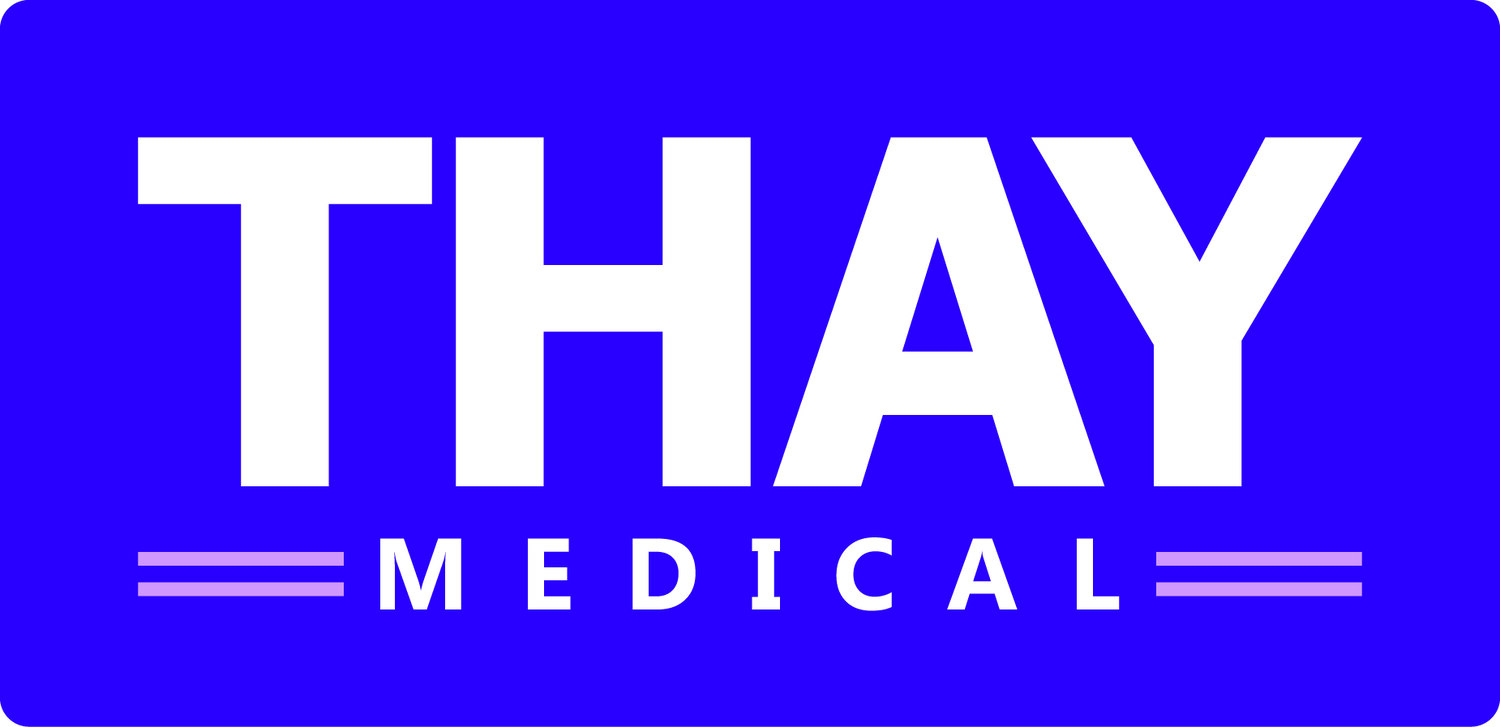Med-Tech Innovation Show
 THAY Medical were proud to have taken part in the Med-Tech Innovation Exhibition, which took place on 28th and 29th April 2015 at the Ricoh Arena, Coventry, UK. For those who don’t know, the Med-Tech Innovation Exhibition is one of the largest medical device events to take place in the UK. The exhibitors were from a wide range of specialisms within the medical devices industry, such as Smallfry, an industrial design consultancy based near Coventry.THAY Medical were asked to present as part of a range of talks about medical device innovation, adaptive behaviours towards wearable technologies, rapid prototyping and Smart, dumb devices. THAY Medical presented on a talk which focused on usability in medical devices and wearable technologies.The talk focused upon incorporating usability into medical device design and how usability research based upon standards (such as IEC/ISO 62366) can assist engineers, designers and developers meet users needs. The presentation initially focused on explaining usability in the context of medical device design, including looking at four key attributes of good usability – efficiency, effectiveness, ease of user learning and user satisfaction. The talk established a link between usability standards, medical device design and wearable technologies.The second part of the presentation was about ‘Google Glass‘. Although this product has not too date progressed beyond a beta prototype , it was released to the general public in 2014, with a purchase price around $2000 USD. Google Glass has since dominated news articles and blog columns with a legion of admirers as well as critics. The key question posed to the audience was “after the initial hype and investment from Google, the Glass was removed from the shelves and the Explorer Program cancelled – why?”As an attempt to answer this question, two different sources of information were shown – the first a public report from a journalist and the second, a public usability evaluation. These sources gave generally positive views on Google Glass, with the most interesting point being that the majority of people included in these two sources of publicity had a positive and surprised reaction to a technology, that until recently was perceived as being part of a science fiction movie.To finish the talk, the presentation focused on how Google Glass could be used in healthcare, as the product in its’ beta state could have a number of applications and the potential to innovate specific clinical services, aiding healthcare professionals with tasks and enhancing the efficiency and effectiveness of a healthcare system. The answer to the question of why Google interrupted the sale of Google Glass was not fully answerable, but what was proposed was that incorporating usability engineering into the medical aspects of Google Glass may make a positive contribution to any future development of this smart device.Finally, THAY Medical would like to thank Smallfry for the invitation to present at this event. We felt the event was a success from post event feedback, and we always love opportunities to talk about usability in medical device development!The staff at THAY Medical
THAY Medical were proud to have taken part in the Med-Tech Innovation Exhibition, which took place on 28th and 29th April 2015 at the Ricoh Arena, Coventry, UK. For those who don’t know, the Med-Tech Innovation Exhibition is one of the largest medical device events to take place in the UK. The exhibitors were from a wide range of specialisms within the medical devices industry, such as Smallfry, an industrial design consultancy based near Coventry.THAY Medical were asked to present as part of a range of talks about medical device innovation, adaptive behaviours towards wearable technologies, rapid prototyping and Smart, dumb devices. THAY Medical presented on a talk which focused on usability in medical devices and wearable technologies.The talk focused upon incorporating usability into medical device design and how usability research based upon standards (such as IEC/ISO 62366) can assist engineers, designers and developers meet users needs. The presentation initially focused on explaining usability in the context of medical device design, including looking at four key attributes of good usability – efficiency, effectiveness, ease of user learning and user satisfaction. The talk established a link between usability standards, medical device design and wearable technologies.The second part of the presentation was about ‘Google Glass‘. Although this product has not too date progressed beyond a beta prototype , it was released to the general public in 2014, with a purchase price around $2000 USD. Google Glass has since dominated news articles and blog columns with a legion of admirers as well as critics. The key question posed to the audience was “after the initial hype and investment from Google, the Glass was removed from the shelves and the Explorer Program cancelled – why?”As an attempt to answer this question, two different sources of information were shown – the first a public report from a journalist and the second, a public usability evaluation. These sources gave generally positive views on Google Glass, with the most interesting point being that the majority of people included in these two sources of publicity had a positive and surprised reaction to a technology, that until recently was perceived as being part of a science fiction movie.To finish the talk, the presentation focused on how Google Glass could be used in healthcare, as the product in its’ beta state could have a number of applications and the potential to innovate specific clinical services, aiding healthcare professionals with tasks and enhancing the efficiency and effectiveness of a healthcare system. The answer to the question of why Google interrupted the sale of Google Glass was not fully answerable, but what was proposed was that incorporating usability engineering into the medical aspects of Google Glass may make a positive contribution to any future development of this smart device.Finally, THAY Medical would like to thank Smallfry for the invitation to present at this event. We felt the event was a success from post event feedback, and we always love opportunities to talk about usability in medical device development!The staff at THAY Medical

